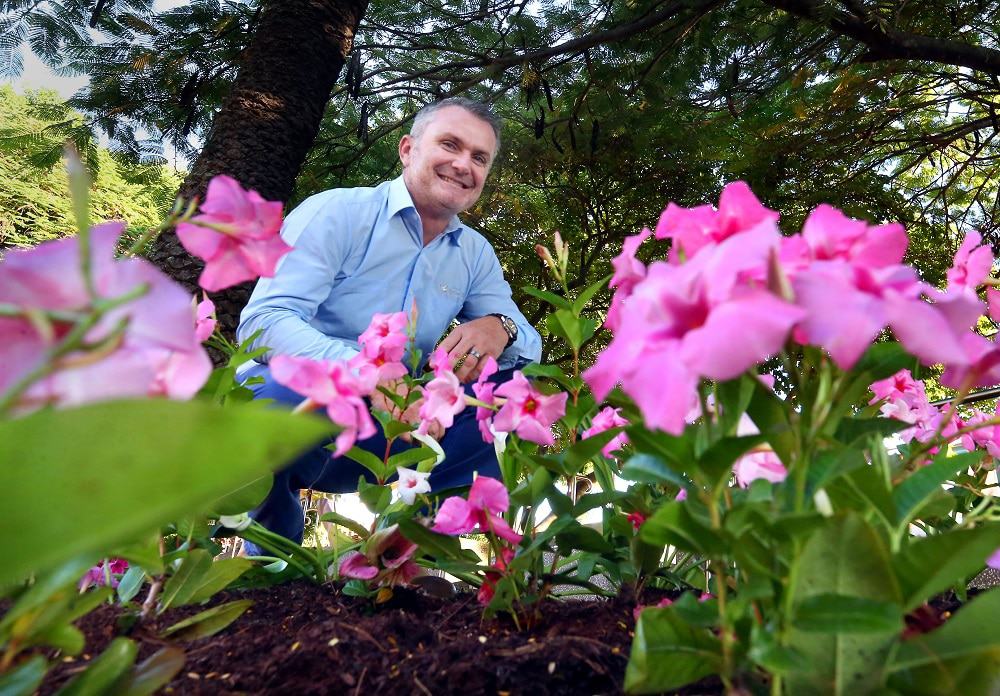
Autumn in Ipswich provides some welcome relief from the hot, humid summer. It is a pleasant time of year and the perfect time to get out into the garden. Ipswich First spoke to Council’s resident green thumb, Mick Jordan, about what residents should be pruning, planting and preparing in the yard.
Ipswich City Council acting coordinator of strategic parks Mick Jordan explains why there is no time like the present.
“The soil is still warm enough for root growth, so if plants have enough nutrients and water they will thrive,” Mr Jordan said.
“It is a great time to plant trees, shrubs and perennials now as the hot summer conditions are over but it is still warm enough to allow the plants to establish before winter.
“Plant out pots and hanging baskets with flowers like winter viola, pansies, alyssum and calendula to brighten up your deck or patio.
“Ready your garden beds for planting spring flowering bulbs and your vegie patch by enriching the soil with organic fertilisers, which increase water and nutrient retention, encourage and feed earthworms and microorganisms and provide complete plant nutrition with organic slow release nitrogen, phosphorus and potassium for better root growth, stronger plants and heavier flowering.”
Even if you don’t have a dazzling garden, you will most likely have some lawn. Mr Jordan has a great tip to keep your lawn looking great through autumn and winter.
“Raise your mowing height,” Mr Jordan said.
“By raising your mower, it allows your lawn to have greater coverage which means more energy despite the shorter days and lessening sunlight.
“Lawns will benefit from a final fertilise before the winter sets in. By giving your lawn a good feed in autumn you build up nutrients before the leaner winter months.
“It’s also the ideal time to keep an eye out for winter weeds like bindi and winter grass as these weeds will be actively growing from now on and need to be sprayed early to get on top of them.
“As the weather cools down the growth rate of your lawn slows down and this gives winter weeds a chance to poke their heads through.
“Treat them promptly with an appropriate and suitable control measure as the longer you leave them the more chance you give them to germinate and the seeds will spread.”
Mick also reminds us to rake all those fallen leaves up to use as mulch or compost.
“By covering your garden beds with mulch, you prevent them from losing too much moisture and it also keeps the weeds at bay,” Mr Jordan said.
“Just watch out if any of the leaves contain signs of pest of disease. If they do, secure them in bags and place them in your garbage bin, or if possible burn them.
“With all the leaves dropping now, it is also a great time for composting. Just watch the garden to kitchen scrapes ratio to get the best results.”
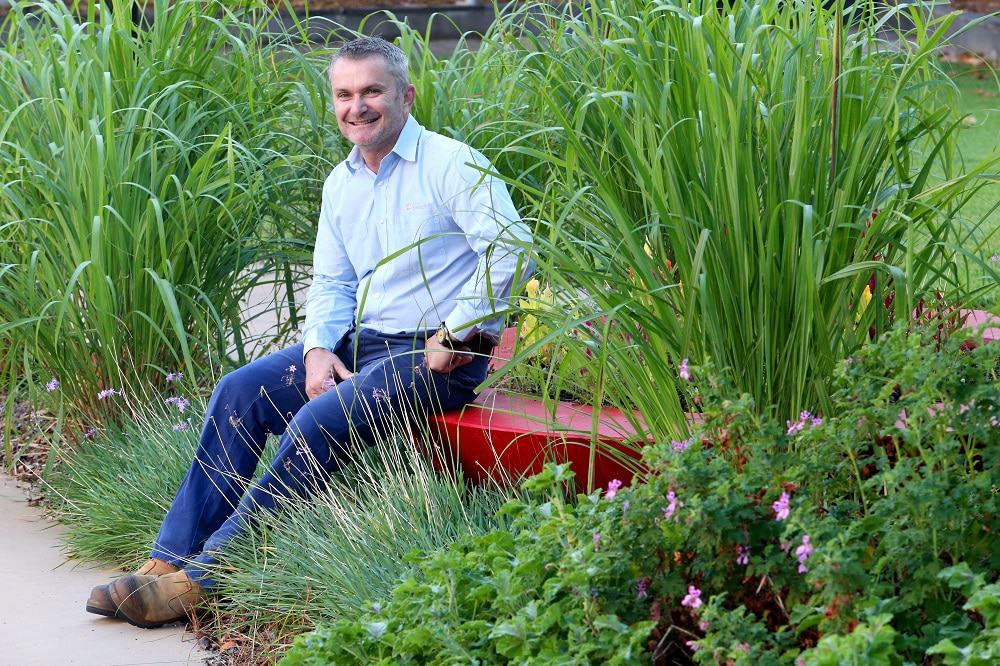
“But keep the secateurs away from winter flowering shrubs as these will be in flower or about to flower. Likewise, avoid pruning of spring flowering plants as they will be developing their flower buds now, if they haven’t already,” Mr Jordan said.
“If you live in a frost prone area remember to prepare your plants for the possibility of frosts during winter.
“Once winter really sets in remember to cover them with some shade cloth or the like or purchase a product specifically designed to help plants fight off the frost.”
Some of council’s favourite perennial native plants
and how you can collect yours for free
Ipswich City Council provides a free plant program each financial year to assist residents in developing a greener and more beautiful Ipswich. As an Ipswich resident you can collect your plants from the Queens Park Nursery, Goodna Nursery or from one of the mobile nurseries. The Queens Park Nursery is open Wednesday, Thursday from 7.30am – 12pm and again from 12.30pm – 3pm and also Saturday mornings 8am – 12pm. The Goodna Nursery is open Wednesday mornings 8am – 12pm.
The next mobile nursery will be at Raceview Shopping Centre, 64 Raceview Street, Raceview on Saturday, 28 Arpil from 8am to 11am. Just remember to bring your rates notice.
For more information click here.
*The plants mentioned below are generally available at council’s free plant program however seasonal influences may impact availability.
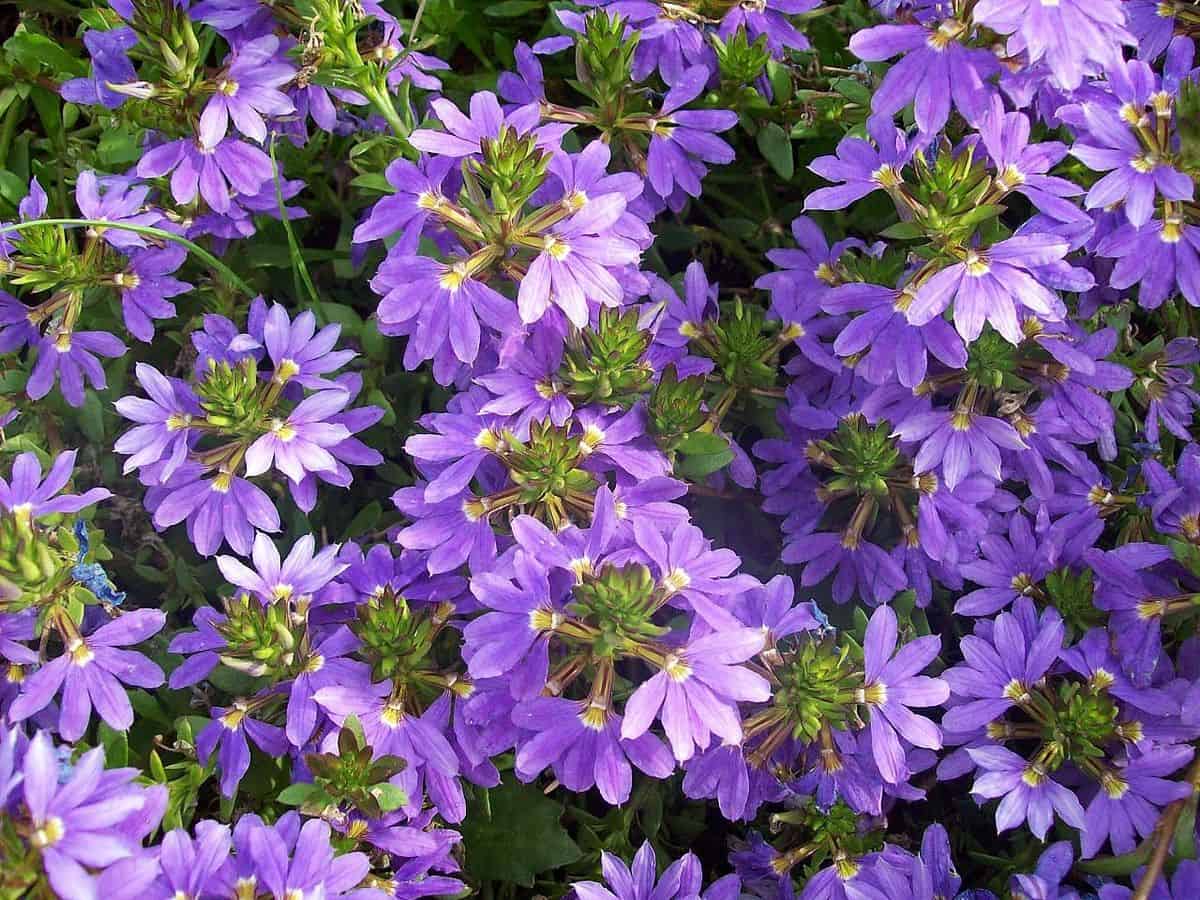
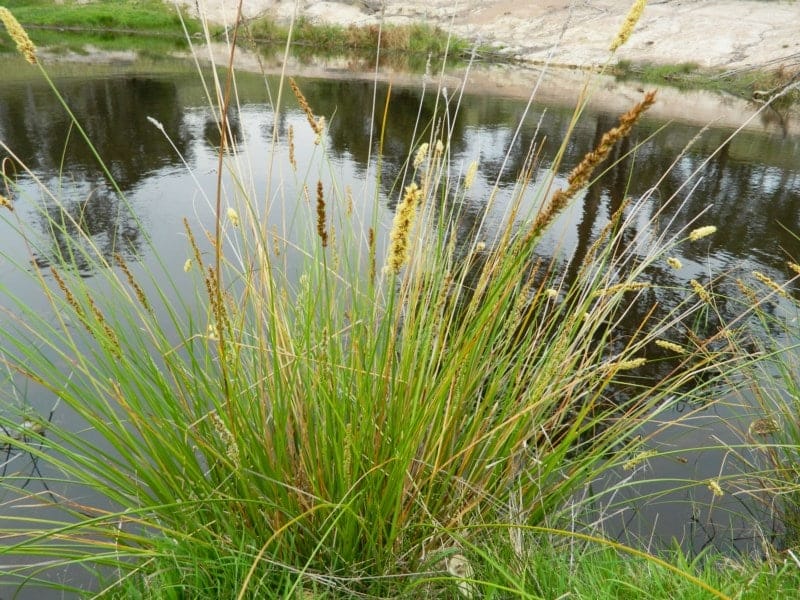
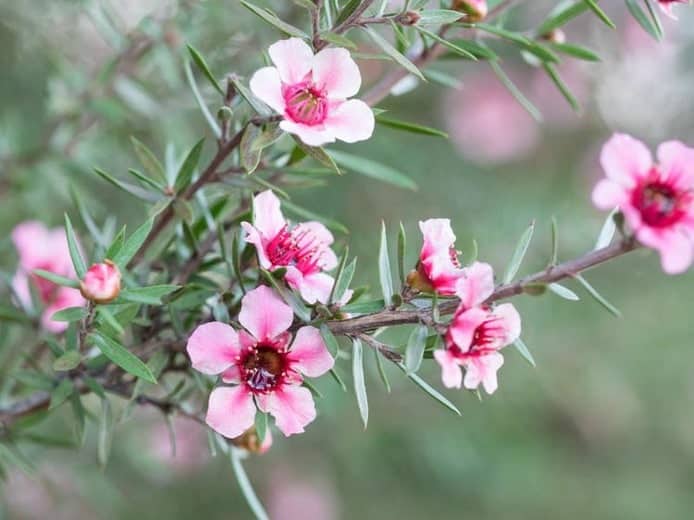
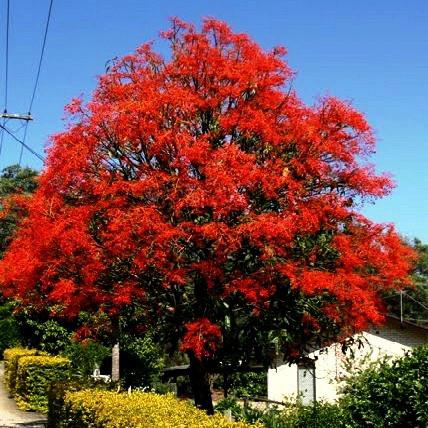


4.5
4
5
Good article & excellent way to articulate. Keep it up.
Hey dear, Thanks a lot for sharing such great stuff on gardening tips. I have got some fantastic tips and ideas in your post. You have just noted an essential point, “Ready your garden beds for planting spring-flowering bulbs and your veggie patch by enriching the soil with organic fertilisers, which increase water and nutrient retention, encourage and feed earthworms and microorganisms and provide complete plant nutrition with organic slow-release nitrogen, phosphorus and potassium for better root growth, stronger plants and heavier flowering.” Most of the gardener does not know how to use the soil and fertilizer for the garden. I do hope this post will be more useful for the new and old gardener.